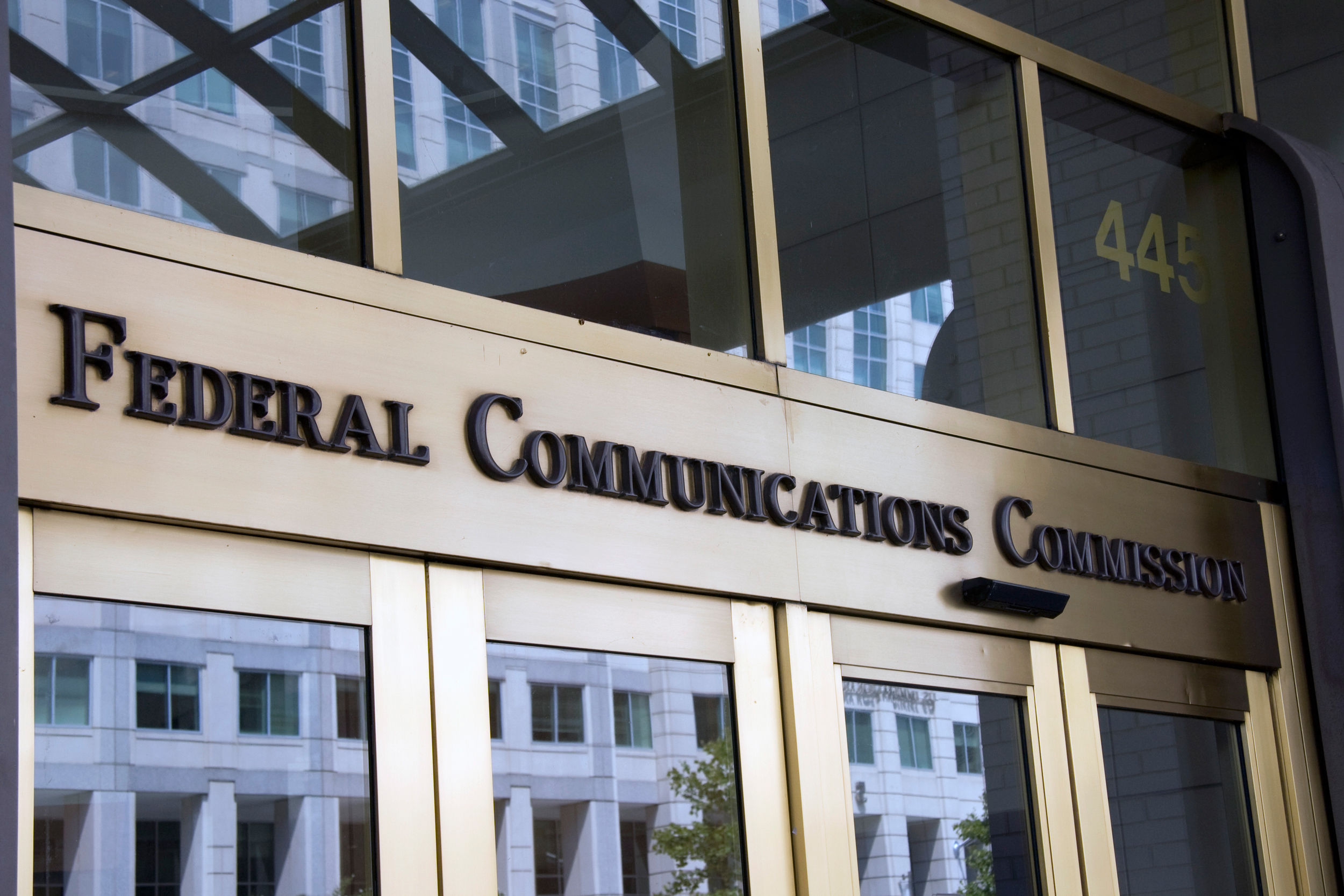FCC's New Strategic Plan Targets Systemic Media Inequity
Also prioritizes 100% broadband availability

The smarter way to stay on top of the multichannel video marketplace. Sign up below.
You are now subscribed
Your newsletter sign-up was successful
The FCC's new/revised strategic plan promotes universal broadband and digital equity, communications priorities of the Biden Administration. The plan looks at equity in particular by examining how FCC policies in the past might have created "historical, systemic, and structural barriers that perpetuate disadvantaged or underserved individuals and communities."
When the first FCC licenses were handed out for free, minorities were not at the table, something Rainbow/PUSH founder Jesse Jackson has pointed out excluded them from the media's power to help set the national agenda, not to mention its power to reward original owners in the secondary market for TV and radio stations.
The 2022-2026 plan, released Tuesday (March 29), prioritizes a "100 percent" broadband policy, which it says means bringing "affordable, reliable, high-speed broadband to 100 percent of the country."
That is a definite signal that when the FCC releases its congressionally mandated report on whether advanced communications is being deployed to all Americans in a timely fashion, the answer will be no until there is universal broadband. Democrats have traditionally treated the "all Americans" language as meaning the rollout is not timely while anyone lacks service, a lack that triggers the FCC's ability to regulate to close that gap.
The President has made clear that his view of universal broadband specifically includes price and quality in the definition and now it is part of the FCC's strategic plan.
And while the former strategic plan created under then chairman Ajit Pai prioritized removing barriers to entry for businesses, that has been supplanted in the new plan by promoting "diversity, equity, inclusion and accessibility."
Not only will the FCC look to identify past rules, policies and programs that may have inhibited diversity, inclusion, equity and accessibility, the commission will take affirmative steps to redress that grievance. "The FCC will pursue focused action and investments to eliminate historical, systemic, and structural barriers that perpetuate disadvantaged or underserved individuals and communities," the plan says. "In so doing, the FCC will work to ensure equitable and inclusive access and facilitate the ability of underserved individuals and communities to leverage and benefit from the wide range of opportunities made possible by digital technologies, media, communication services, and next-generation networks."
The smarter way to stay on top of the multichannel video marketplace. Sign up below.
Other priorities include empowering consumers, enhancing public safety, and advancing U.S. global competitiveness. ■
Contributing editor John Eggerton has been an editor and/or writer on media regulation, legislation and policy for over four decades, including covering the FCC, FTC, Congress, the major media trade associations, and the federal courts. In addition to Multichannel News and Broadcasting + Cable, his work has appeared in Radio World, TV Technology, TV Fax, This Week in Consumer Electronics, Variety and the Encyclopedia Britannica.

